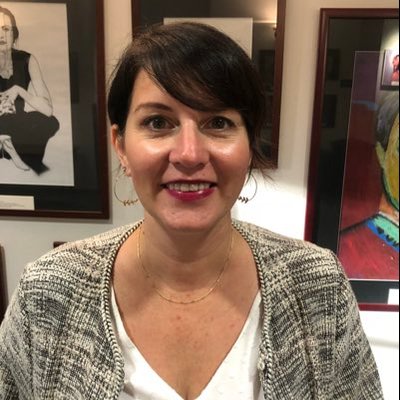Speakers 
Educational Administrator, Language & Literacy, History-Social Science-Civics, Monterey County Office of Education

Coordinator of History & Civic Engagement, Santa Clara COE
Coordinator - History Social Science & Civic Engagement. Santa Clara County Office of Education

